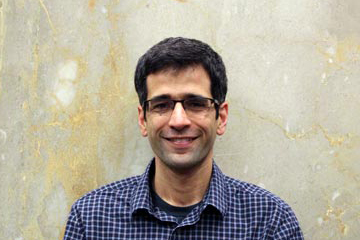
Geospatial Impact Evaluation of the Demarcation of Indian Territories Project (PPTAL) on Conflict and Deforestation
Date Published
Nov 16, 2016
Authors
Ariel BenYishay, Silke Heuser, Daniel Runfola, Rachel Trichler
Publisher
Citation
BenYishay, A., Heuser, S., Runfola, D., & Trichler, R. (2016). Geospatial Impact Evaluation of the Demarcation of Indian Territories Project (PPTAL) on Conflict and Deforestation. Williamsburg, VA: AidData at William & Mary.
Abstract
In 2015, KfW and AidData collaborated to conduct an impact evaluation of the effects on deforestation of the Demarcation of Indian Territories Project (PPTAL), which was implemented between 1995 and 2008 in Brazil. We consider that the impact of demarcation might vary by the deforestation pressures faced by a given community and so incorporate distance to human threats and the deforestation frontier into the analytical models and identify high-pressure lands using pre-PPTAL trends in NDVI and other covariates. Using several decades of remotely-sensed satellite data as the outcome, the evaluation finds no statistically significant effects of PPTAL on forest cover. As a follow-up to examining the effects of demarcation on deforestation, we conduct a second round of research to explore both the potential effects of indigenous land conflict levels on deforestation, as well as whether demarcation reduced land conflict levels. We find evidence that demarcation reduced the incidence of land conflict among those communities supported early on in the PPTAL project (between 1995 and 2003), but do not find that these reductions in land conflict led to subsequent reductions in deforestation. Protecting the communal territories of indigenous peoples can lessen the incidence of land-related conflicts experienced by these communities. PPTAL provided effective support protecting the human rights of more than 100 indigenous communities. Our results suggest that these effects do not occur overnight but materialize over years and even decades after these rights are formalized.
Funding: This work was supported by the evaluation department of KfW Development Bank.



